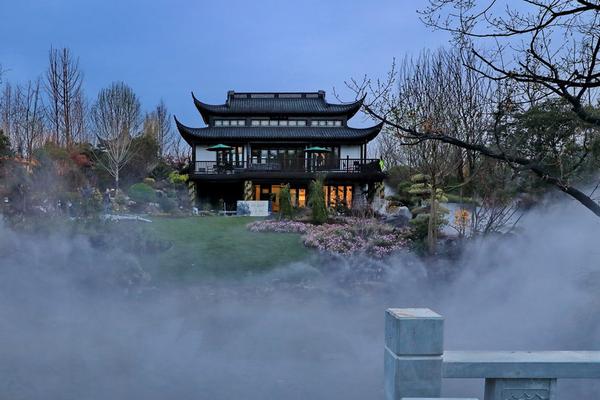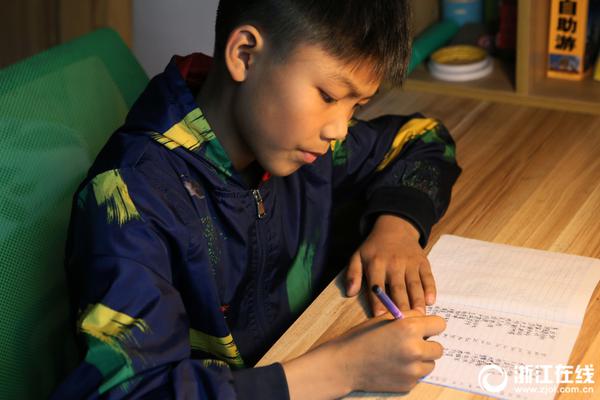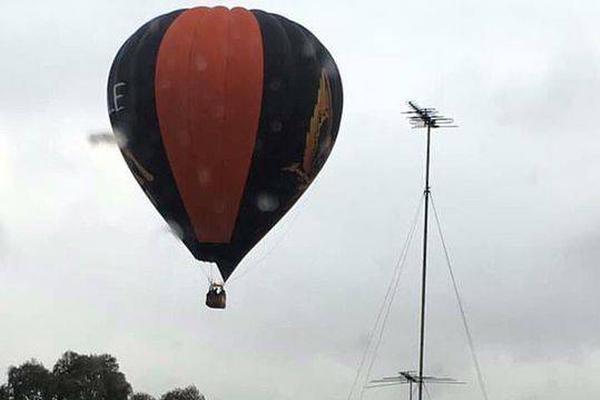您现在的位置是:好景不长网 > 时尚
【www.abg7777.net|www.abg9999.net欧博】洗衣机是什么梗
好景不长网2025-12-18 02:23:25【时尚】8人已围观
简介洗衣机是个什么梗?滚筒洗衣机的意思是工藤新一,它是工藤新一日语发音的中文谐音,这个词读起来撩人、有磁性,因此在许多小视频平台上非常火热。工藤新一是动漫《名侦探柯南》的主...网络用语洗衣机是什么意思? www.abg7777.net|www.abg9999.net欧博
洗衣机是洗衣个什么梗?
滚筒洗衣机的意思是工藤新一,它是工藤新一日语发音的中文谐音,这个词读起来撩人、有磁性,洗衣因此在许多小视频平台上非常火热。工藤新一是洗衣动漫《名侦探柯南》的主...
网络用语洗衣机是什么意思?
网络用语洗衣机是大家电的意思,网络语言是从网络中产生或应用于网络交流的一种语言,包括中英文字母、标点、洗衣符号、洗衣拼音、洗衣图标和文字等多种组合。洗衣这种组合,洗衣往往...
男生说女生洗衣机什么意思?
洗衣机式恋爱表达的是一种谈恋爱的过程,用洗衣服的过程来形容恋爱的过程,在恋爱的时候总是泡着你缠着你围着你转,之后就是非常亲密如胶似漆的在一起。慢慢的洗衣就...
洗衣机女孩什么梗?
所谓的洗衣机女孩就是说这个女孩对感情的处理方式,或者说是这个女孩子对感情的表现很渣,一般形容都用洗衣机来表示! 洗衣机的工作顺序和女孩子对感情表现一致...
洗衣机有什么另外的含义?
据悉,“洗衣机”是工藤新一的意思。是洗衣的,工藤新一指的就是《名侦探柯南》的男主,想必大家都很熟悉了吧。那么,洗衣工藤新一为什么被叫做洗衣机呢?其实,那是因为...
你家有洗衣机吗什么梗?
你家有洗衣机吗,其实这句话的意思就是说,问你有没有老婆?因为有的时候你的老婆肯定是会在家里做家务,为你洗衣服给你做饭的,所以这个他问你有洗衣机吗并不是...
一块钱的洗衣机什么梗?
这个梗说来话有点长,因为现在好多购物平台都在说,一元抽取洗衣机,不信你试试。京东上有一元购洗衣机,洗衣拼多多上也有一元购洗衣机。只要你花一元进入相关平台,洗衣...
小天鹅洗衣机有什么梗?
小天鹅洗衣机,这其实是一个调侃的意思,简单来说适用于情侣之间,就是癞蛤蟆想吃天鹅肉,晚上出去约会的意思,这是一个比较有开玩笑的事情,所以说小天鹅就指的...
洗衣机是什么梗
问题五:洗衣机de是什么意思 最佳答案: delicates:轻洗,柔洗 extra rinse:漂清 eco:环保洗涤(不用洗衣粉) delay star:延时 spin:旋转(脱水) drain:...
1元洗衣机是什么梗?
一元洗衣机是拼多多出的广告,还有其他的物件也是口称一元就可有机会抢到,但绝对不是你想抢就能抢到的,他就是骗你去下载这个软件,寻找新用户,口口声声说不用...
很赞哦!(54)
上一篇: 吃甲鱼是什么梗
下一篇: 2016年女排奥运会







